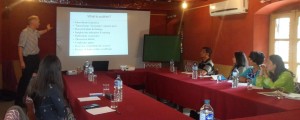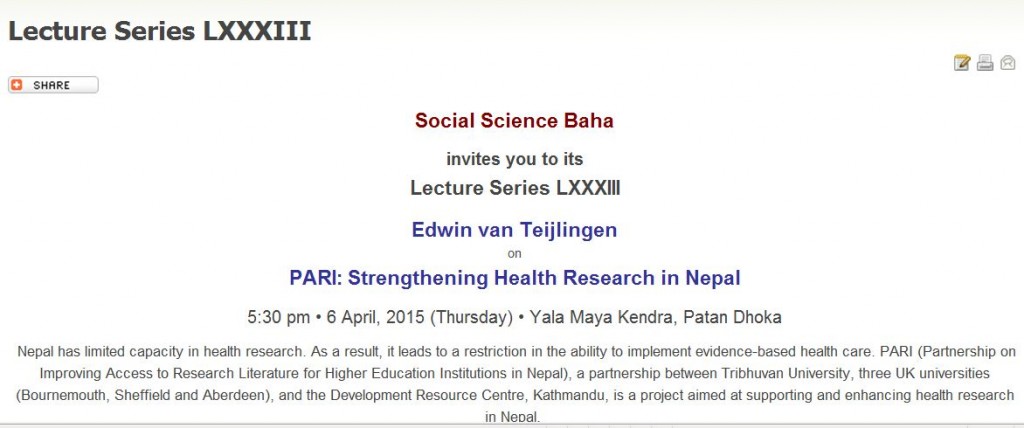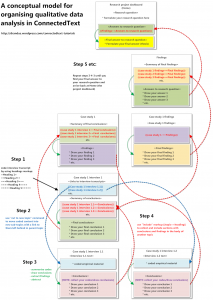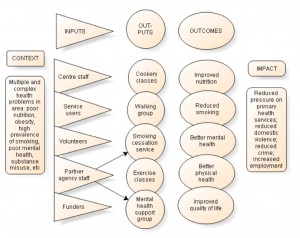Are you presenting at the Festival of Learning?

Add more to your Festival of Learning event by attending our BRAD event hosted by Dr Steve Dorney, Principal Public Engagement Fellow at the University of Southampton, who will be leading this workshop on how to make the most of public engagement, a key part of demonstrating the impact of your research. 
The session runs from 10am to 4pm on Wednesday the 1st of July – can’t attend all day, we urge you to book in and attend for as long as you can as this event won’t be repeated for a while.
Steve is on Southampton’s Engaged University Steering Group and his activities extend to impact enhancement, student employability and outreach, as well as core support for Public Engagement with Research (PER) via a dedicated support unit www.soton.ac.uk/per
He co-ordinates the Bringing Research to Life Roadshow www.soton.ac.uk/roadshow and through this has collaborated previously with BU on public engagement activities.
What to expect from this workshop:
- An overview of the PER agenda in the UK and internationally
- Examples of effective PER from various disciplines
- Practical ‘top tips’ from Steve’s experiences in public engagement
- Why do public engagement – what’s in it for researchers?
- Strategies for presenting your research to public audiences
- How to build public engagement into your research planning
- Costing and funding public engagement activities
- Opportunities for collaboration
- Evaluating public engagement
- Public engagement, REF 2014, REF 2020 and Impact Case Studies
- Opportunities to get your public engagement noticed, i.e. awards etc.
2 things you could bring to the workshop (completely optional but can be helpful):
– Any ideas for engagement projects related to your research that you would like to share/get some feedback on
– An object that is somehow related to your research
The workshop will allow time for you to consider your own research and will include refreshments and a networking lunch.
Book in now through Organisational Development: Public Engagement – Steve Dorney




 We regularly conduct workshops and training sessions on academic writing at home and abroad. Yesterday afternoon I did one in Kathmandu for staff at Social Science Baha and Green Tara Nepal. There were the usual comments and queries about authorship, references, length of papers or sections of
We regularly conduct workshops and training sessions on academic writing at home and abroad. Yesterday afternoon I did one in Kathmandu for staff at Social Science Baha and Green Tara Nepal. There were the usual comments and queries about authorship, references, length of papers or sections of 




















 Dr. Ashraf cited on ‘Modest Fashion’ in The Guardian
Dr. Ashraf cited on ‘Modest Fashion’ in The Guardian NIHR-funded research launches website
NIHR-funded research launches website Academics write for newspaper in Nepal
Academics write for newspaper in Nepal New paper published on disability in women & girls
New paper published on disability in women & girls Global Consortium for Public Health Research 2025
Global Consortium for Public Health Research 2025 MSCA Postdoctoral Fellowships 2025 Call
MSCA Postdoctoral Fellowships 2025 Call ERC Advanced Grant 2025 Webinar
ERC Advanced Grant 2025 Webinar Horizon Europe Work Programme 2025 Published
Horizon Europe Work Programme 2025 Published Horizon Europe 2025 Work Programme pre-Published
Horizon Europe 2025 Work Programme pre-Published Update on UKRO services
Update on UKRO services European research project exploring use of ‘virtual twins’ to better manage metabolic associated fatty liver disease
European research project exploring use of ‘virtual twins’ to better manage metabolic associated fatty liver disease